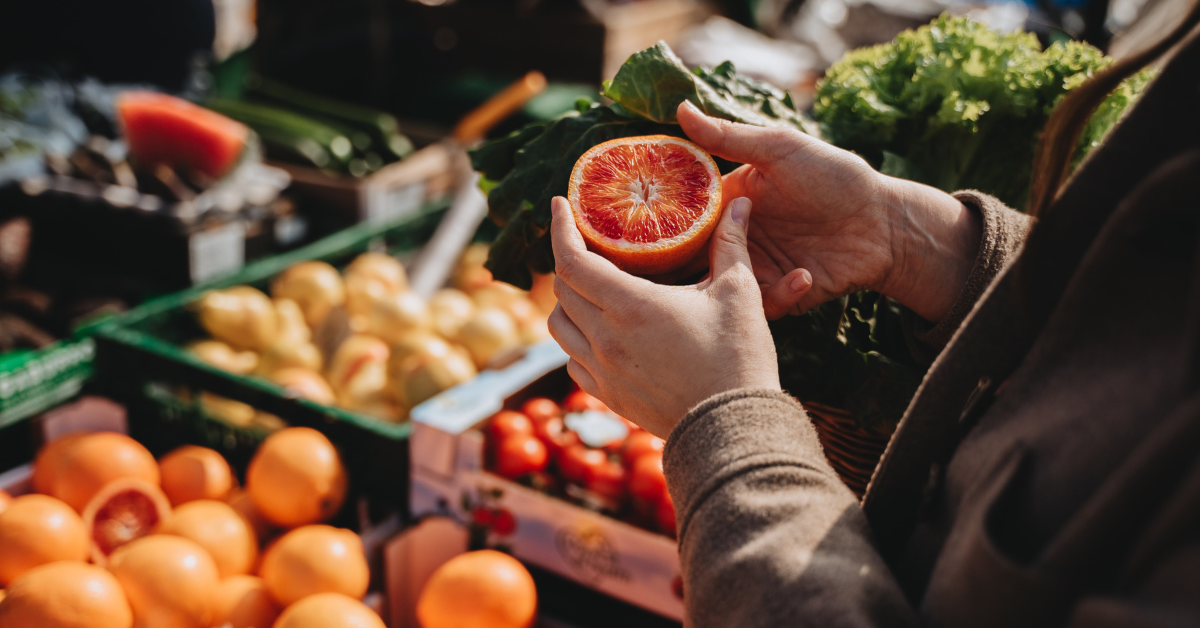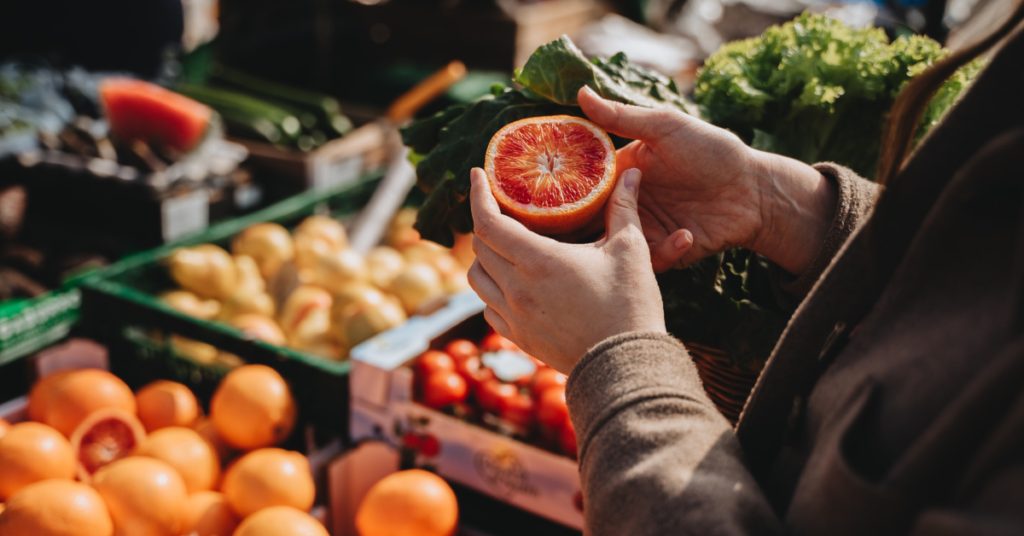
Read part 1 here.
There has been a growing need in Lebanon, especially in recent years, to engage the private sector in policy dialogue, particularly in trade negotiations related to enhanced market access. This has been additionally accelerated by the current financial crisis, highlighting the economic importance of innovative companies and their contribution to socioeconomic well-being.
A Modern Vision For Exports
The role of the private sector in times of conflict is always critical in ensuring the reconstruction of the country through investments and developing financial growth that would help the country get back on its feet.
Natagri S.A.L specializes in agribusiness, with an innovative concept for the Lebanese 2030 agricultural sector, where the company aims to develop a sustainable agriculture system in Lebanon to access international markets.
Chief Executive Officer at Natagri S.A.L, Fadi Sarkis, explains the importance of the private sector when the country suffers from a harsh economic downfall. He points out that the vibrant private industry contributes to the country’s development and recovery. The private sector is taking the initiative to search for new markets and clients abroad for a better trade and export balance. He says that Lebanon has vast potential in its fresh fruits, an advantage directly related to its geography. Whenever the fruit season ends in one area, the same season starts in another.
The quality of the Lebanese soil and the suitable Mediterranean climate produces exceptional fruits rich in color and flavor, raising the demand for it, especially in Europe and the Gulf states. Some of Natagri’s consulting work falls in matching what Lebanon can supply in fruits and vegetables to product gaps in international markets. Understanding specific market gaps helps producers better plan their crops, the varieties, and the quality – facilitating the entire export process.
Sarkis adds that the public sector must reinforce policies that support Small and Medium Enterprises (SMEs), which play a significant role in most economies, significantly in developing countries. This happens by helping them explore new markets and clients, setting forward-thinking agricultural plans, providing the lands, and working on having a sustainable infrastructure – since without water, we would end up importing goods rather than exporting.
He confirms that the government needs to manage and lead this sector with a modern vision.
The Import-Export Balance
The foreign trade report in 2020 done by the Chamber of Commerce Industry and Agriculture in Lebanon transfers the methodologies into numbers. According to the General Directorate of Customs statistics, Lebanese imports in 2020 amounted to about 11.3 billion US Dollars, and exports amounted to 3.5 billion US Dollars. Hence the deficit in the trade balance was 7.8 billion US Dollars, which forms a decrease of 50 percent compared to 2019 when the trade balance deficit amounted to 15.5 billion dollars, according to the chamber of commerce and agriculture.
The same report mentions that the trade exchange of agricultural and animal products and the food industry detected a growth in the value of food exports from 687.8 million US Dollars in 2016 to 701.7 million US Dollars in 2020, an increase of 2 percent with a record value recorded in 2014 amounting to 781.2 million US Dollars. The report adds that the significant food exports in 2020 were vegetable and fruit preparations (4%), fruits and citrus fruits (3%), liquids, alcoholic beverages and vinegar (2%), greases, fats, and oils (1%), and cereal preparations (1%).
Supporting Exports
Clusters across agri-food sectors open up opportunities for producers in developing economies to contribute to economic development in their local communities.
“The QOOT cluster understands the key role of exports for the long-term survival of Lebanese agri-food businesses, especially for fresh fruits and vegetables as they are further impacted by additional conditions such as shelf-life and weather. Therefore, the cluster has put a lot of weight into organizing trade missions to help producers meet buyers, created programs that increases export knowledge for SMEs, introducing them to the requirements of export markets and increasing their competitiveness, while also working on increasing their visibility and access to trade shows, buyers, brokers and international trade organizations,” confirms Marc Bou Zeidan, QOOT Cluster Manager.
The agri-food sector is a notable contributor to Lebanon’s industrial sector development and is predicted to play an essential role in the economy if driven by government support and private sector initiatives to boost its competitiveness.
The Lebanese agri-food sector can yet, benefit from support throughout its different value chains to ensure better food security and income from export. Linkages with export markets are being created but require strengthening and scaling. Support for infrastructure development and input supplies is done, but the need is much larger than the support.
Donors planning new interventions in this sector are encouraged to promote projects that enable SMEs and cooperatives to be more export-oriented, including supporting them in improving production and quality control and applying national and international quality standards.
Supporting programs should reinforce access to water for farmers, promote water conservation techniques across the country as water availability is expected to be reduced with the effect of climate change, and consider the importance of promoting alternative energy sources.
Today, fixing the Lebanese importing and exporting activity by investing in the infrastructure, setting energy plans, and using the water efficiently, can impact Lebanon’s GDP, exchange rate, and the class of inflation and interest rates.







